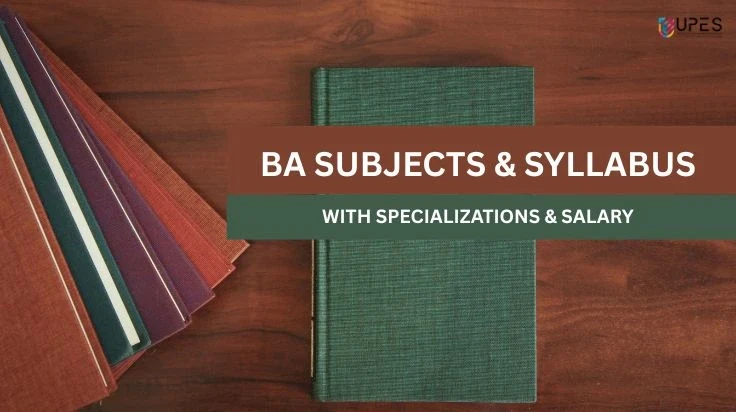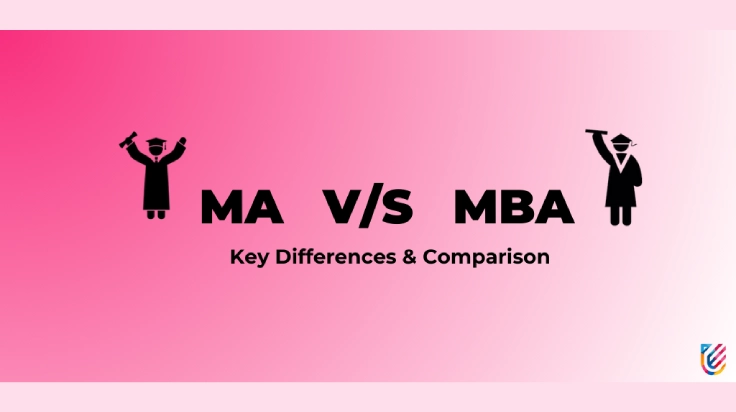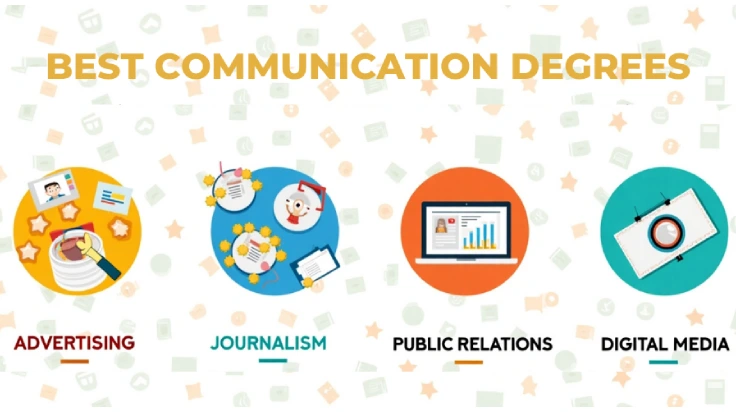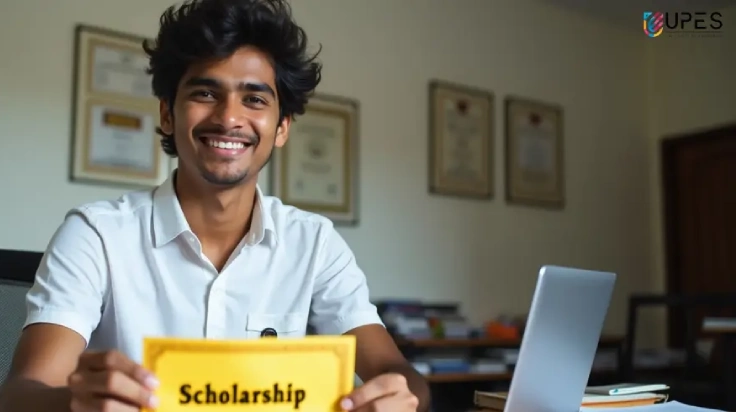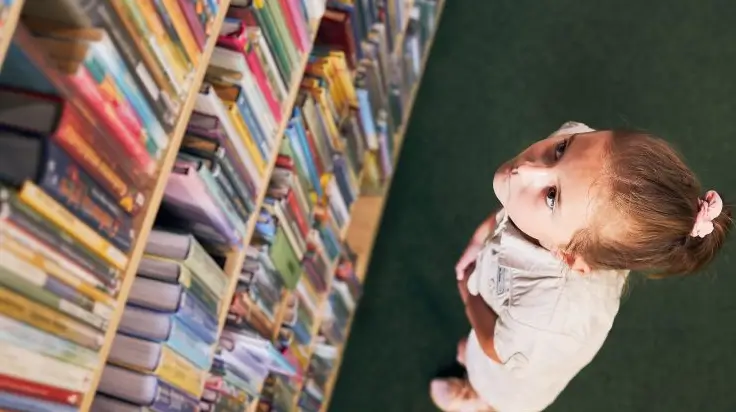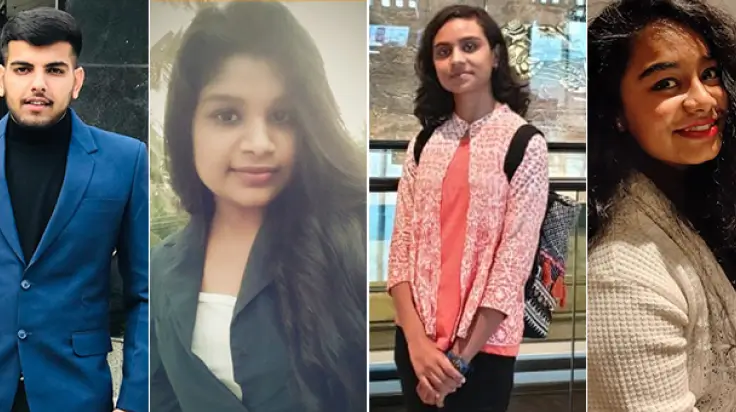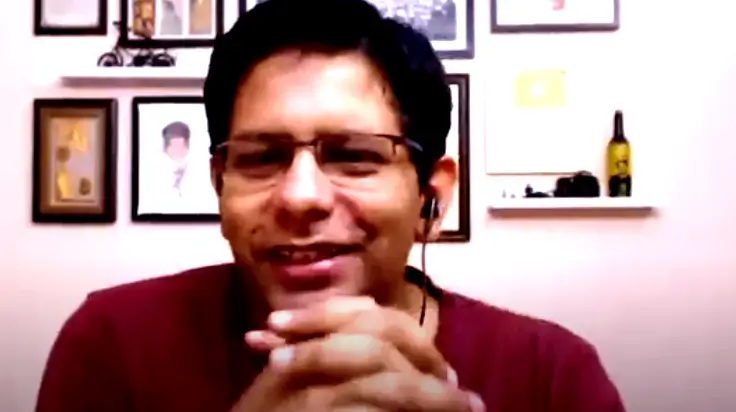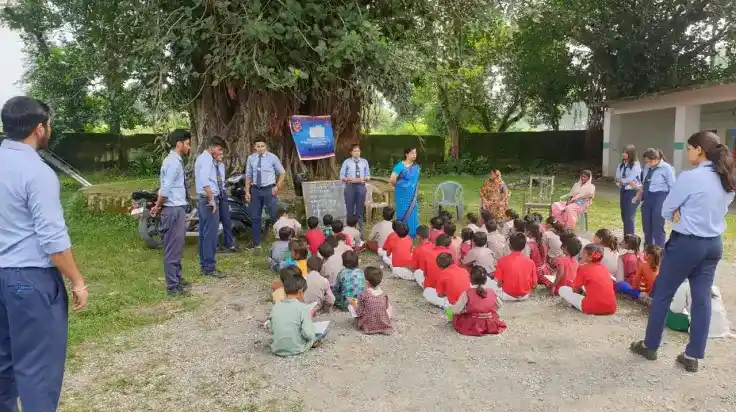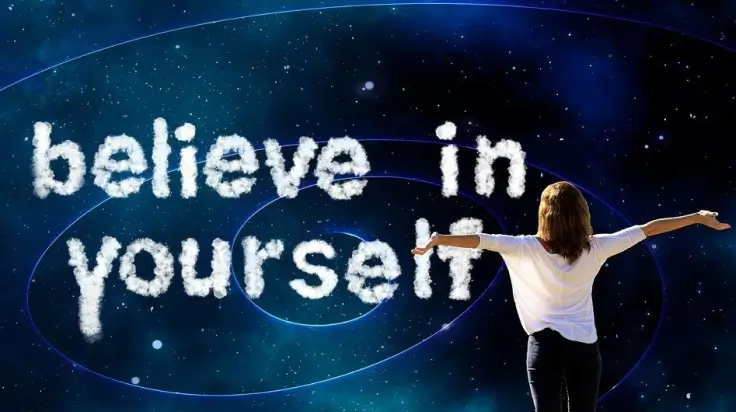How UPES is contributing to SDGs
- Ekta Kashyap
- Published 24/11/2022
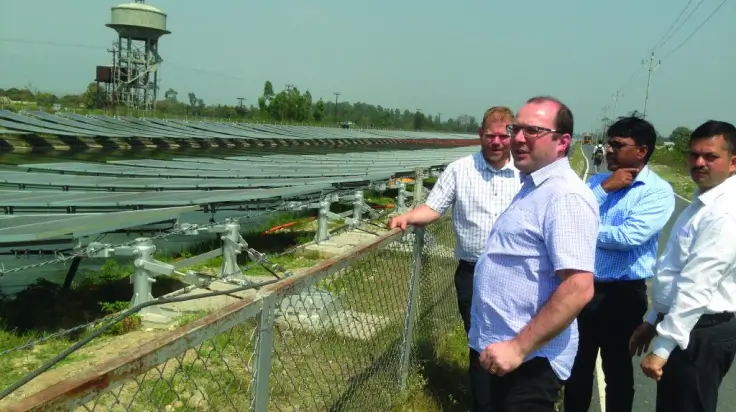
UPES is building a network of experts for finding sustainable solutions to both local and global problems
Over the years, UPES has adopted several transformational policies such as Project UK, Waste Paper Recycling Laboratory, Project Artisan, and We Care to name a few, to achieve inclusive, prosperous and sustainable development
In 2015, 193 member states of the United Nations made a historic decision. They unanimously adopted the 2030 Agenda for Sustainable Development. The Agenda, with 17 Sustainable Development Goals (SDGs), provides an internationally agreed-upon blueprint for world peace and prosperity, for both now and the future.
In the processes of development, education institutions have always played a significant role by shaping the next generation of leaders and committing to growth. As a university, UPES is conscious of its role in transforming the youth and igniting the spirit of sustainable development in their minds and hearts.
Recently, UPES organised a four-day ‘Sustainability Fair’ highlighting several solutions that can address today’s most pressing problems. Hon’ble Governor of Uttarakhand, Lt. General Gurmit Singh (Retd.), visited the campus for unveiling the ‘Conference Proceedings’ of the fair. The Governor congratulated UPES for its contributions in stimulating the sustainable economy and encouraged the university to continue its commitment towards meeting the SDGs.
Further, UPES has adopted various initiatives that align with the SDGs to help achieve inclusive, prosperous development while preserving the stability and resilience of the planet.
SDG 1: No poverty
Project Naman is a social impact initiative to reach out to the kin of valiant martyrs from Uttarakhand. Under the project, besides financial assistance to the family of the martyrs, UPES provides complete funding of school education for one martyr’s child every year; supports the dependent of the martyr in finding job opportunities, provides special training and development to the martyr’s widow under Shakti – a women’s empowerment initiative; and offer full higher education scholarships to the children of five martyrs from Uttarakhand every year.
Project Vikalp economically empowers rural womenfolk in the local community through manufacturing of environment-friendly ‘woodless pencils’, tech-assisted handicrafts, and growing medicinal and aromatic plants suitable to the climate and soil in the region.

Project Artisan empowers local communities, especially women weavers, in a remote village of Ladakh. They are imparted design skills for collective production and sales of back-strap loom carpets, while considering responsible consumption and production that uses affordable-clean energy. The project, which focuses on creating income opportunities, is a partnership between education institutes and local NGOs. It sustains their cultural heritage, without migration to cities from villages, an issue faced in the Ladakh mountains.
Project UK (India Sustainable Development and Research Collaboration) is aimed at building a network of experts to find sustainable solutions, starting with reviving, modernising, and enhancing the small watermills for rural income enhancement. This networking plan directly addresses the issues of remote community poverty in India and is aimed primarily at the hill communities in Uttarakhand.
SDG 2: Zero hunger
UPES provided ‘Dry Ration Family Packs’ to 1000 migrant workers families at six rural locations during the COVID-19 lockdown. Each pack contained dry ration for around 8-10 days for a family of four. The initiative helped over 4000 workers.
SDG 3: Good health and well-being
UPES started ‘We Care’, a 24×7 counselling support for students, faculty, staff and their families to address issues related to emotional well-being. Through another health initiative Sanjeevani, students and employees can avail all services of Practo – a patient focused, independent medical website with over 100,000 doctor profiles from across India and Singapore at no cost.
Healthcare camps, multiple awareness drives in government schools and villages, promotion of good menstrual hygiene through sensitisation and distribution of menstrual cups, annual voluntary blood donation camps, eye donation camp, and several projects including the ‘Assessment of Nutritional Status’ in three districts of Uttarakhand, further contribute to realising the goal of good health for all.

SDG 4: Quality education
The University provides several scholarships to students in financial need, including those from low-income areas and underprivileged backgrounds. Uttarakhand bonafide residents are eligible for 33% concession in tuition fees; up to 100% merit scholarships; sports scholarships; freeships to underprivileged students; and Shakti scholarships for girls.
The UPES curriculum facilitates a broad-based, experiential, and multidisciplinary knowledge and learning experience. It enables students to ‘Design their own Degree’, giving them the opportunity to choose from a range of diverse courses.
Through EDUDHARMA – Education for Developing Humans for Righteousness and Mindful Actions – UPES has impacted the lives of over hundred families, students from underprivileged backgrounds, government teachers, locals as well as local schools in Dehradun. There are four projects under EDUDHURMA– Protsaahan, Utkarsh, Dronasthali and Utthan – which aim to elevate the lives of citizens and communities around the university’s Bidholi campus.
Project Abhilasha identifies meritorious students from marginalised regions of the state and invites them for a month-long residential coaching camp on campus. The focus is on strengthening subjects such as Physics, Chemistry, Mathematics, thereby preparing them for engineering entrance examinations.
Project Vriddhi offers academic and infrastructural interventions, Project Raftaar aims at the holistic development of students, and Project Bodh promotes comprehension amongst students at the eight adopted government primary schools in the local community.
Project Samvedna provides day care and education to the children of migrant construction workers, mostly women, engaged in construction activities on UPES campuses.
SDG 5: Gender equality
UPES’ program Shakti aims at developing the leadership capabilities of emerging women leaders by taking them through a carefully-designed intervention focused on adaptive skills, emotional intelligence, communication effectiveness, and multiple other competencies needed to be successful in the future. The program is spread over nine months and is based on real empowerment.
Project Payal promotes education of the ‘girl child’ in the local community.
Through Project Vikalp, the UPES Rural Women Technology Park empowers women of neighbouring villages surrounding the university campus. The project supports initiatives pertaining to recycled paper products; ICT-assisted art and craft design; and the identification and cultivation of medicinal and aromatic plant species. It also encourages budding entrepreneurs for the marketing of their products. UPES also conducted an awareness drive in 16 local government schools in Dehradun to make them aware about the concept of equality.
SDG 6: Clean water and sanitation
As per Central Ground Water Authorities, UPES is a ‘Zero Water Discharge’ campus. The University recycled 250 KL of water in the horticulture section, has a 550 KLPD (Kilo Litre Per Day) of recycling capacity, and all rainwater harvesting pits have water flow metres to ensure the feeding of rainwater to the ground, leading to 89% savings of water.
Project Swachhata focuses on contributing to ‘Clean India’ mission through sustained cleaning of the adjoining community areas.
SDG 7: Affordable and clean energy
UPES has installed solar power plant of capacity 100 kW. In the last five years, 8% demand of the total power consumption has been catered by the solar power plant. The solar plant is also being utilised for the training and project purposes for the students.
Research by UPES has contributed to clean energy projects by the United Nations Development Program. The university has also conducted capacity-building programs as well as social impact reviews in the field.
SDG 8: Decent work and economic growth
Through Skill India Mission, UPES provided upskilling opportunities for Dehradun District Jail inmates to enhance their livelihood options.
Project ‘Craft Story Making’ promotes and creates opportunities for Indian artisans impacted by the pandemic. Spreading cheer among the underprivileged, UPES in collaboration with Dehradun-based NGOs organised a fair, which displayed products made by orphaned children, marginalised women, and promising artists.
SDG 9: Industry, innovation and infrastructure
UPES conducted workshops on value-added product development with bamboo, and research projects on the development of novel and sustainable products from textile waste generated in garment industry, electric amphibious vehicle for nature parks, strategy to use waste wood for creating plastic and chemical-free toys, to name a few.
SDG 10: Reduced inequality
UPES Skill Development Program upgrades the skills of support staff including security guards and housekeeping staff on campus in building their capacities in English, Computers, and life skills.
SDG 11: Sustainable cities and communities
Project Utthan aims to transform Dhalani and Koti villages of Dehradun into model smart villages, with special focus on healthcare, education and livelihood. These will be first of many villages to reap the benefits of this program, bringing more development and prosperity to the Indian rural landscape.
UPES Waste-Paper Recycling Laboratory aims to help rural women from the indigenous community earn a fair wage by teaching them how to make high quality goods using waste-paper viz, paper, pencils, jewellery and stationery items.
Further, UPES students have developed flagship engineering projects such as Flying Cars, Electric Cycle, Waste Management, Water Security, First Aid, Fire and Safety, Women Empowerment through Cultivation of Medicinal and Aromatic Plants, Solar Driers, and Biochar Bio Briquette. Students have also designed anon-tracking solar tree, which is furnished with 3-Watt and 6-Watt LED light, multiple USB 2.0 port and basic electrical socket to charge laptop as well as mobile phone.
12: Responsible consumption and production
UPES has solar water heating plants of capacity 61500 litres. The university has made it a policy to retrofit all conventional lights on the campus. All the conventional lighting fixtures are being replaced to ensure energy savings. Unity Power Factor is maintained at UPES sites to ensure zero energy loss.

SDG 13: Climate action
Through awareness campaigns and project-based learning, students are encouraged to develop eco-friendly products such as edible cutlery, which are nutritious as well as have significant potential to replace plastic menace.
SDG 14: Life below water
UPES has worked on a project with the Wildlife Institute of India for designing appropriate mitigation measures to reduce fishnet entanglement of dugongs.
SDG 15: Life on land
UPES was a contributing organisation in the Leopard Report 2018, which was released by the central government. The university has also established polyhouse and nurseries for the cultivation of medicinal and aromatic plants. Under this project, UPES gives training and technical backup support to rural women farmers to cultivate medicinal and aromatic plant species such as Tulsi, Chamomile Lemongrass and Stevia in nearby villages.
SDG 16: Peace, justice and strong institutions
UPES’ Legal Aid Society raises awareness about societal issues and increases access to justice for all. The university also conducts various seminars, lectures, panel discussions, and skill development events to promote peaceful and inclusive societies for sustainable development.
SDG 17: Partnerships to achieve the goal
UPES has signed several MoUs with non-governmental organisations to work toward improving the nutritional status of villagers in rural Uttarakhand.
UPES also has tie-ups with 44 international universities for student exchange program, internships and research collaborations spread across the globe. 600+ NGO tie-ups are in place for Srijan, the Social Internship Projects.
It is the question of the century: Can we leave the world a better place than what we inherited? Can we meet all the SDGs by the stipulated timeline? Can we write a sustainable chapter for the planet and the future generations? Through collaboration, education, and will of people, institutions and governments, we can.
Ekta Kashyap
The writer is a part of the UPES editorial team
Tags
- Life@UPES
- UPES School for Life
- upes school of engineering
UPES Admission Enquiry
Subscribe to UPES Blogs
Join our community for exclusive stories, insights, and updates
By clicking the "Subscribe" button, I agree and accept the privacy policy of UPES.









